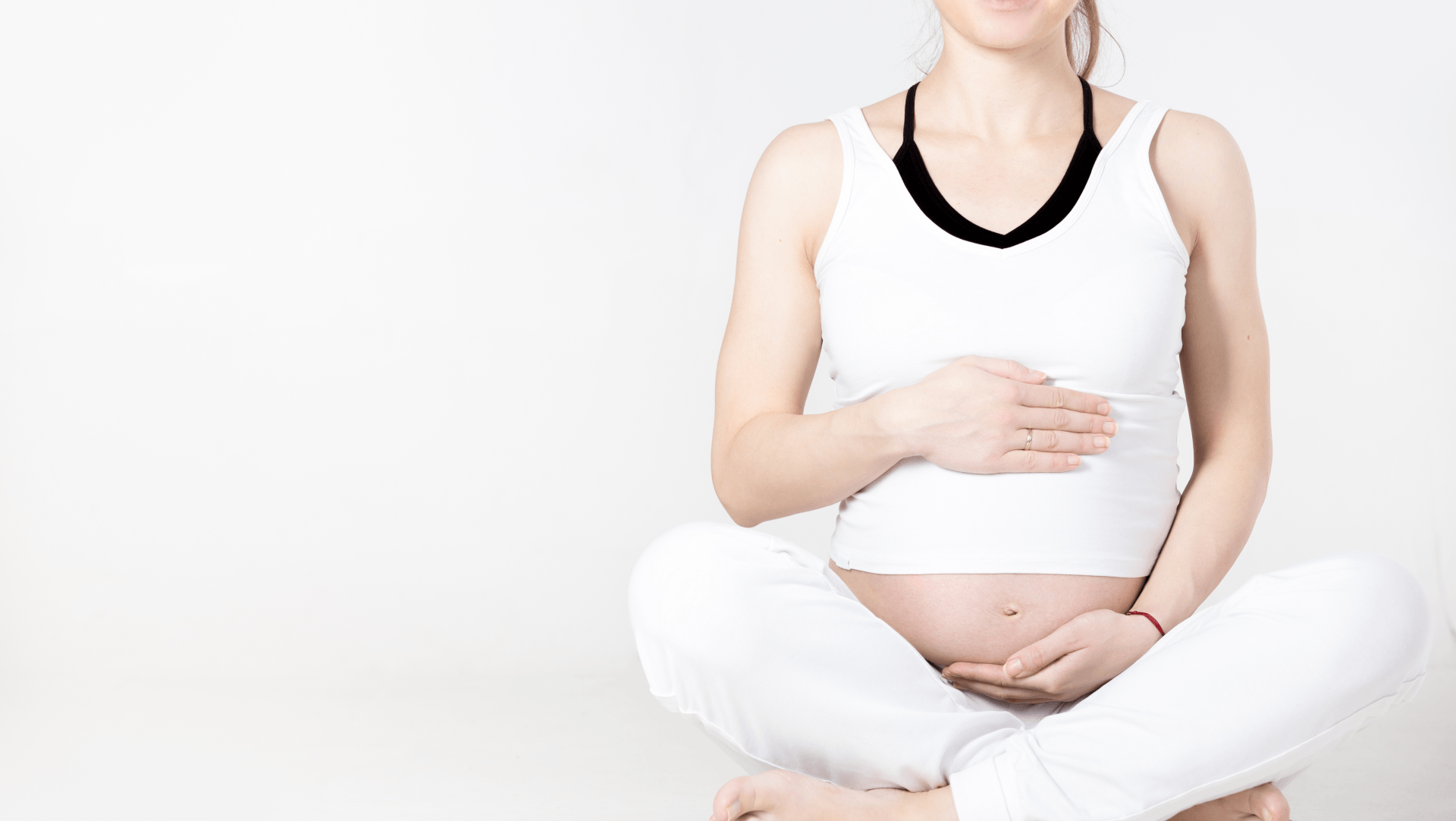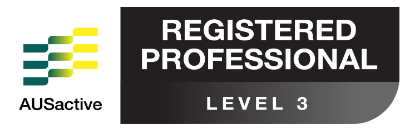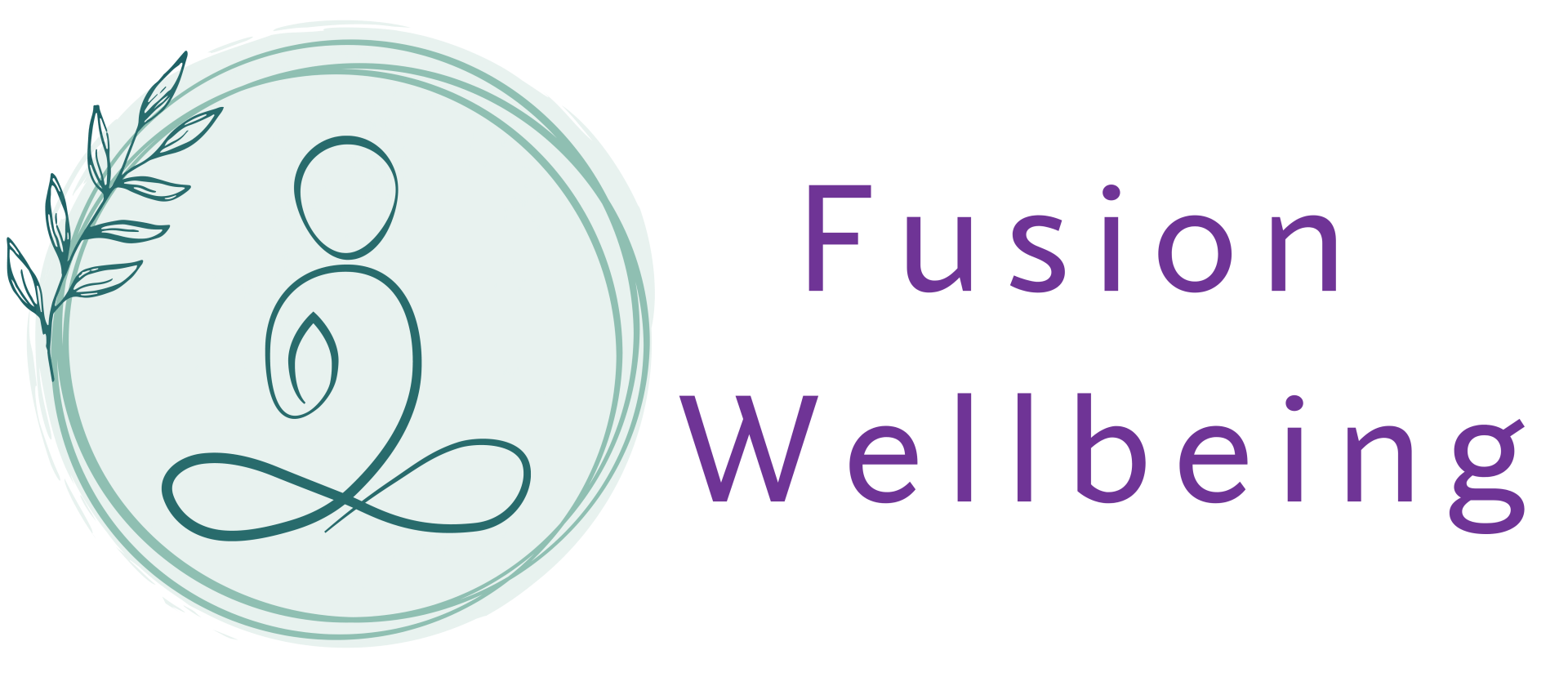Empowered Pregnancy & Childbirth Education
More than just a labour & birth preparation class
A holistic approach to pregnancy and postnatal health
This series is designed to educate and empower women to have the healthiest pregnancy they can, and to make informed choices that are best for themselves, their baby and their family.
It entails 7 x 2hr sessions held monthly, covering many aspects of pregnancy (see detailed session info below)
Register for the program or request more information via the form below and we will give you a call back, or alternatively you can contact us. Read on for more information.

- The series starts from your second trimester (around 13 weeks)
- We give you prenatal education and information early on for a healthier pregnancy
- The program is designed for all pregnant women, and you can start at any stage
- You are able to make up any missed classes if you’re sick, unable to attend or join the classes further along in your pregnancy
- It is designed to compliment the hospital antenatal classes that are usually attended later on in pregnancy
- Health fund rebates apply with applicable physio cover – you do not need obstetrics cover to claim on your private health fund
- We strive to create a community environment over the course of 7 months with participant input, and an interactive and relaxed atmosphere
- Classes include take-home info sheets, handouts and activities at each session

